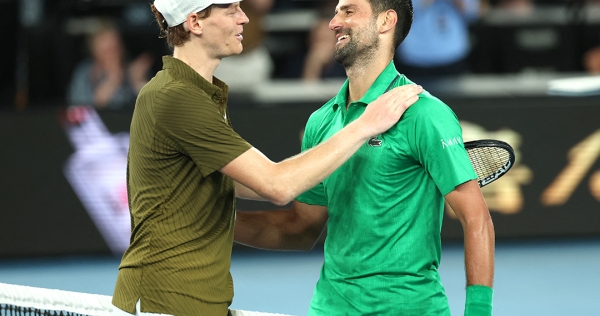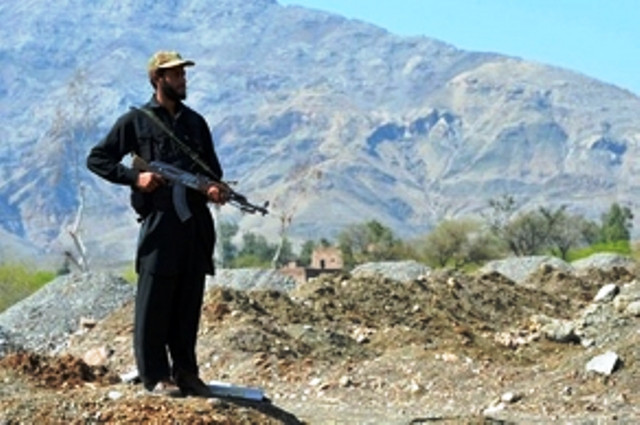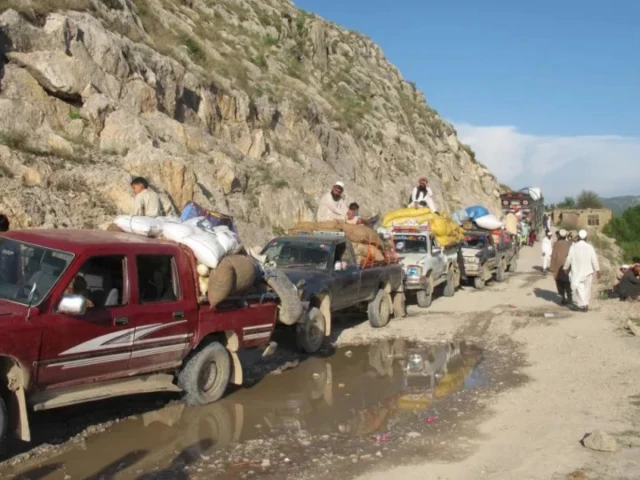🌘
Welcome back to the Abstract! Here are the studies this week that roamed a superocean,…

🌘
Welcome back to the Abstract! Here are the studies this week that roamed a superocean,…
You don’t have permission to access “http://www.olympics.com/en/milano-cortina-2026/olympic-torch-relay/news/on-saturday-31-january-the-olympic-flame-arrives-in-valtellina” on this server.
Reference…

On an unforgettable Friday at Australian Open 2026, both men’s singles semifinals were decided in five sets for the first time at the tournament since 2017.
Novak Djokovic moved one win away from his 25th Grand Slam title and 11th AO crown after…

Court also orders release of fund for affected residents, summons tribal elders to verify if govt is providing any aid
Tirah Valley. Photo: File

Says only intelligence-based operations under way as part of ongoing counterterrorism efforts

Rabbit announced a new AI device and updates to r1.
The AI hardware company announced its next bet, dubbed “project cyberdeck”: a portable device specifically designed for vibe-coding. It also announced an

Stacy Martin plays a former actor on vacation with her family in Islands.
…